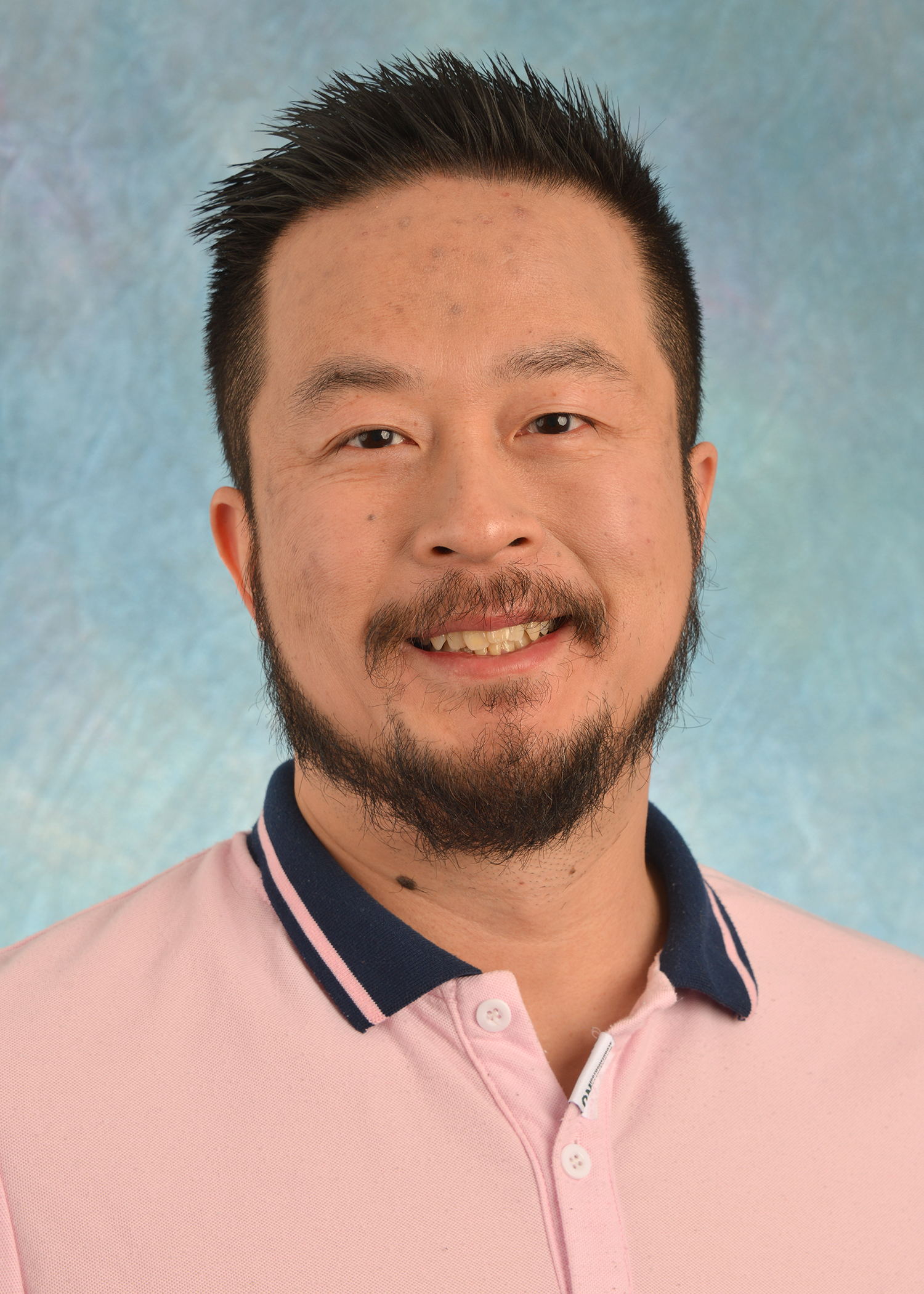Research Assistant Professor
Department of Biochemistry and Biophysics
22-062 LCCC
CB #7295
Research
My research interests revolve around leveraging viral genetic diversity to gain insights into various viral diseases, particularly studying drug resistance in viral disease treatment, pathogenesis, and molecular epidemiology. While my primary focus lies in studying HIV transmission, treatment, and prevention using viral genetic information, I also have a keen interest in exploring other viral diseases and beyond.
1) HIV drug resistance in developing settings. In sub-Saharan African countries, HIV drug resistance mutations (DRMs) are prevalent and significantly impact HIV management and prevention. I have been involved in studying the impact of DRMs on HIV treatment outcomes using the MPID-NGS assay, which I developed. I have studies the impact of DRMs at high- and low-frequencies on the treatment outcomes in a cohort of women in Malawi. I aim to further investigate the effect of DRMs at different intra-host levels, particularly the DRMs against integrase inhibitors. Additionally, I am interested in exploring innovative techniques to study DRMs in resource-limited settings. For instance, I plan to focus on improving the testing protocols for Dry Blood Spot (DBS) samples, which serve as a more convenient alternative to plasma samples for DRM testing but currently suffer from high failure rates.
2) HIV molecular epidemiology and public health. One of my key research areas is advancing the field of HIV recency assay and coupling it with transmitted drug resistance testing and transmission network analysis to enhance HIV diagnosis and prevention efforts. In the past few years, I have developed a multiplexed Primer ID NGS assay targeting multiple regions of HIV to estimate how long the patient has been infected (recency assay), to identify drug resistance mutations, and to use the sequences to generate transmission networks. I aim to further improve this NGS-recency assay and implement it in diverse settings to address critical questions related to the HIV epidemic and prevention strategies. Notably, I have a CFAR supplement grant, in which I serve as the PI, selected for funding and currently in the JIT stage to support my ongoing effort of implementing this platform in NC. Meanwhile, I lead a global research team, that has recently submitted an R01 application to use recency/transmitted drug resistance/transmission network information to evaluate the HIV prevention efforts including PrEP in three Asian-Pacific cities.
3) Broader antiviral treatment and resistance mutations. I have used the Primer ID sequencing approach to screen mutagenic compounds as broad-spectrum antivirals for RNA viruses. My research helped the development of EIDD-2801/Monupiravir (currently in clinical use under EUA) as a novel compound against SARS-CoV-2 virus. I also discovered that this compound may cause genetic mutations to host cells. I’m currently involved in a large SARS-CoV-2 study lead by Drs. William Fischer and David Wohl, responsive for viral and host genetic sequencing for the detection of drug resistance mutations of SARS-CoV-2 and host mutagenic effect. In addition, I have been using this tool to study the drug resistance mutations against Nirmatrelvir in the SARS-CoV-2 macaques model.
4) Bunyavirus encephalitis pathogenies, treatment and molecular epidemiology. With my expertise in viral sequencing, I am actively engaged in studying antiviral treatments for encephalitis caused by several viruses belonging to the Bunyavirales order. Specifically, I am collaborating with other experts in the field to explore treatment options for La Crosse Virus, the leading cause of vector-borne neuroinvasive encephalitis in children in the US. I am dedicated to continuing these studies to uncover effective treatments for other bunyaviruses as well.
5) NGS assay and bioinformatics protocol development. My unique bench science training and bioinformatics training allows me to develop bench NGS protocols and its companion bioinformatics packages. My expertise in this area has led to the development of the MPID-NGS protocol and bioinformatics tools. I am committed to furthering my contributions in this field by quickly adapting and developing NGS assays for microbiology research and creating advanced analysis tools.
Selected Publications
- Zhou S, Jones C, Mieczkowski P, Swanstrom R. Primer ID Validates Template Sampling Depth and Greatly Reduces the Error Rate of Next-Generation Sequencing of HIV-1 Genomic RNA Populations. Journal of Virology. 2015;89(16):8540-55.
- Zhou S, Sizemore S, Moeser M, Zimmerman S, Samoff E, Mobley V, Frost S, Cressman A, Clark M, Skelly T, Kelkar H, Veluvolu U, Jones C, Eron J, Cohen M, Nelson JAE, Swanstrom R, Dennis AM. Near Real-Time Identification of Recent HIV Transmissions, Transmitted Drug Resistance Mutations, and Transmission Networks by MPID-NGS in North Carolina. J Infect Dis 2021;223(5):876-84.
- Zhou S, Long N, Moeser M, Hill CS, Samoff E, Mobley V, Frost S, Bayer C, Kelly E, Greifinger A, Shone S, Glover W, Clark M, Eron J, Cohen M, Swanstrom R, Dennis AM. Use of Next Generation Sequencing in a State-Wide Strategy of HIV-1 Surveillance: Impact of the SARS-CoV-2 Pandemic on HIV-1 Diagnosis and Transmission. J Infect Dis. 2023 Jun 7:jiad211. doi: 10.1093/infdis/jiad211. Epub ahead of print. PMID: 37283544.
- Zhou S, Bednar MM, Sturdevant CB, Hauser BM, Swanstrom R. Deep Sequencing of the HIV-1 env Gene Reveals Discrete X4 Lineages and Linkage Disequilibrium Between X4 and R5 Viruses In the V1/V2 and V3 Variable Regions. Journal of Virology. 2016 Jul 27;90(16):7142-58.
- Abrahams MR, Joseph SB, Garrett N, Tyers L, Moeser M, Archin N, Council OD, Matten D, Zhou S, Doolabh D, Anthony C, Goonetilleke N, Karim SA, Margolis DM, Pond SK, Williamson C, Swanstrom R. The replication-competent HIV-1 latent reservoir is primarily established near the time of therapy initiation. Sci Transl Med, 2019; 11(513).
- Sheahan TP, Sims AC, Zhou S, et al. An orally bioavailable broad-spectrum antiviral inhibits SARS-CoV-2 in human airway epithelial cell cultures and multiple coronaviruses in mice. Sci Transl Med 2020; 12.
- Zhou S, Hill CS, Sarkar S, Tse LV, Woodburn BMD, Schinazi RF, Sheahan TP, Baric RS, Heise MT, Swanstrom R. β-D-N 4-hydroxycytidine (NHC) Inhibits SARS-CoV-2 Through Lethal Mutagenesis But Is Also Mutagenic To Mammalian Cells. J Infect Dis. 2021 May 7:jiab247.

